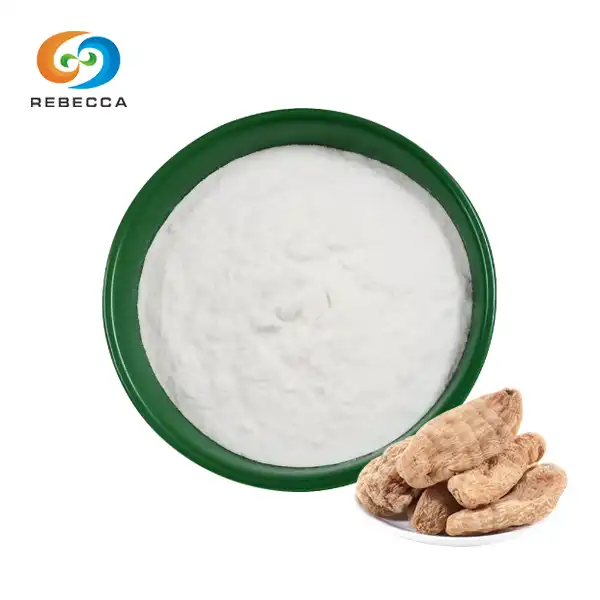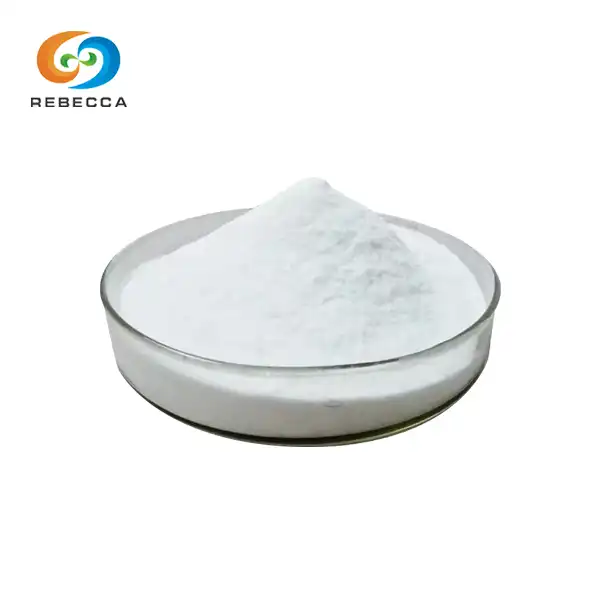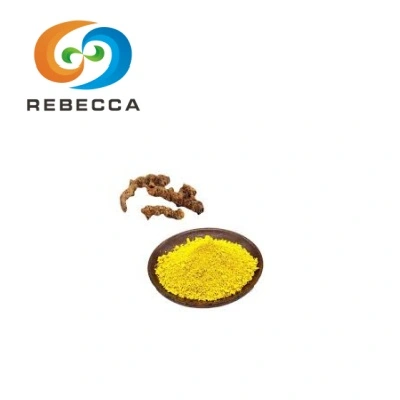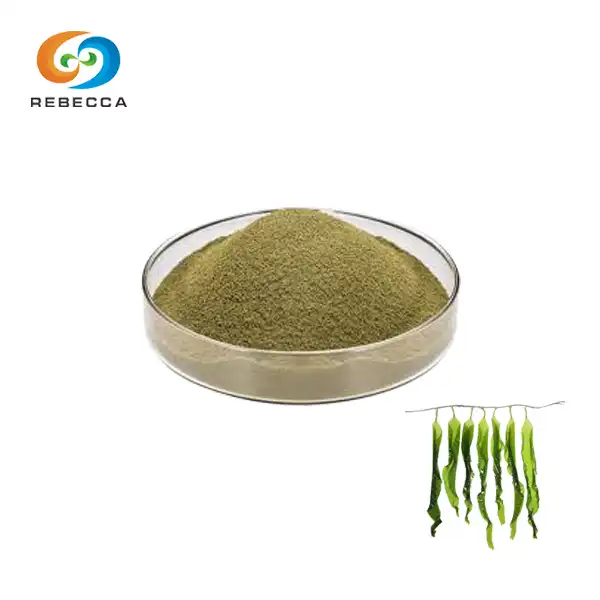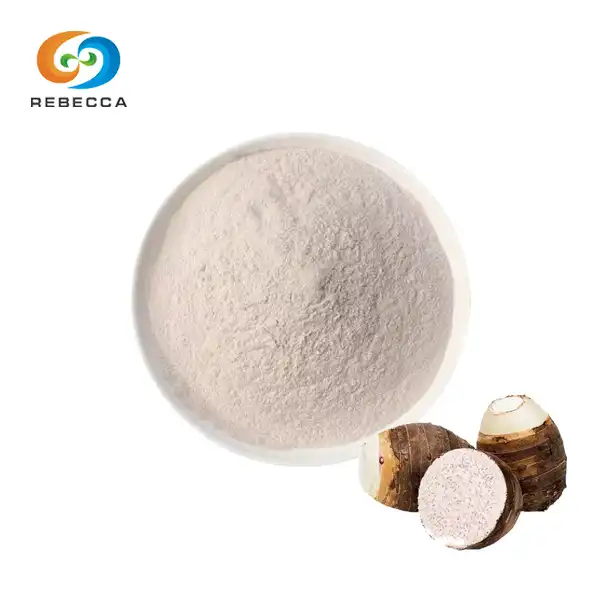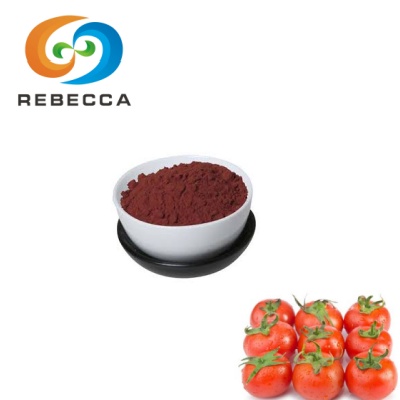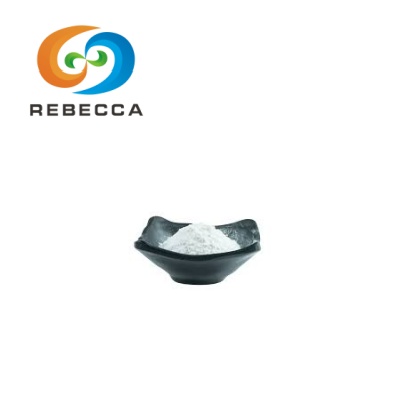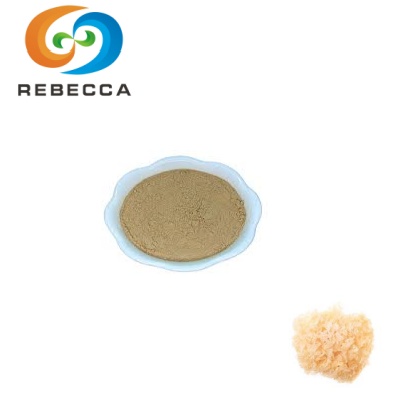What is another name for octacosanol?
Octacosanol, a long-chain aliphatic alcohol commonly found in plant waxes, is also known by another name: policosanol. This naturally occurring compound, often extracted from sugar cane wax, is available as octacosanol powder for various health and nutritional applications. The term "policosanol" refers to a mixture of long-chain alcohols, with octacosanol being the primary component. Understanding this alternate name is crucial for consumers, researchers, and industry professionals alike, as both terms are used interchangeably in scientific literature and product labeling.
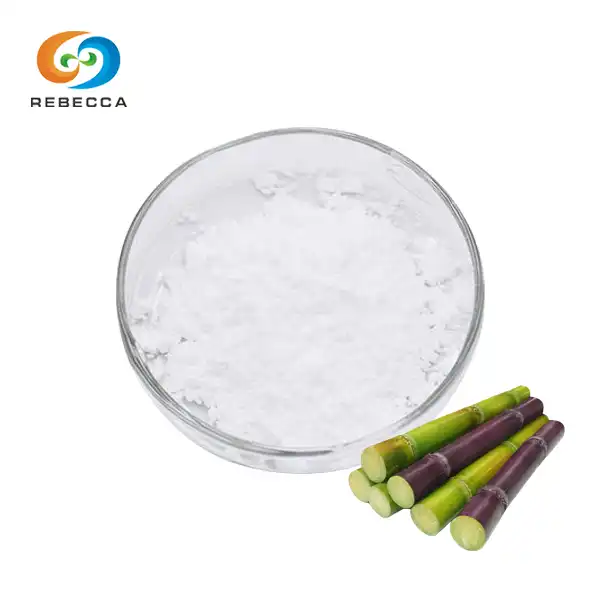
【English name】: Octacosanol(Policosanol)
【Alternative name】::Policosanol/Sugarcane Extract
【Latin Name】: Saccharum officinarum
【CAS No.】: 557-61-9
【Molecular Formula】: C28H58O
【Active ingredients】: Octacosanol
【Specification】: 5%~95%
【Use Part】 : The stalks of sugar cane
【Appearance】: Off-white to White Fine Powder
【Mesh size】:80 Mesh
【Test Method】: GC
Policosanol: The Alias of Octacosanol Revealed
Understanding the Policosanol-Octacosanol Connection
The relationship between policosanol and octacosanol is intricate and often misunderstood. Policosanol is a complex mixture of long-chain alcohols, with octacosanol typically being the most abundant component. This connection is rooted in the chemical structure and natural occurrence of these compounds in various plant sources.
Octacosanol, the 28-carbon alcohol, forms the backbone of policosanol mixtures. Its prevalence in policosanol can range from 60% to 70%, making it the primary active ingredient. The remaining percentage consists of other long-chain alcohols such as triacontanol (30-carbon) and hexacosanol (26-carbon).
This close association explains why the terms are often used interchangeably, particularly in the context of dietary supplements and health products. However, it's essential to note that while all policosanol contains octacosanol, not all octacosanol products are necessarily labeled as policosanol.
Chemical Composition: Policosanol vs. Octacosanol
The chemical composition of policosanol and pure octacosanol differs slightly, which can impact their properties and potential health benefits. Policosanol, being a mixture, offers a broader spectrum of long-chain alcohols, each contributing to its overall effects.
Octacosanol (CH3(CH2)26CH2OH) is a specific molecule with a defined structure. Its purity in octacosanol powder can reach up to 98%, depending on the extraction and purification processes. This high purity can be advantageous for specific research purposes or applications requiring a standardized compound.
In contrast, policosanol's composition can vary based on its source and extraction method. While octacosanol remains the primary component, the presence of other alcohols like tetracosanol and hexacosanol contributes to policosanol's diverse biological activities.
Labeling Practices: Why Companies Use Both Names
The interchangeable use of "octacosanol" and "policosanol" in product labeling stems from several factors. Regulatory requirements, marketing strategies, and consumer familiarity all play roles in how these compounds are presented on supplement labels.
Some companies prefer using "policosanol" as it's more widely recognized by consumers, particularly in the context of cholesterol management supplements. Others may opt for "octacosanol" to emphasize the purity or specific composition of their product, especially when targeting athletic performance or anti-aging markets.
This dual naming can sometimes lead to confusion, but it also reflects the nuanced nature of these compounds. Savvy consumers and industry professionals should be aware of this relationship to make informed decisions about product selection and use.
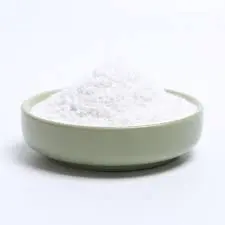
Why does Octacosanol's Other Name Matter for Your Health?
Navigating Supplement Labels: Octacosanol or Policosanol?
Understanding the dual nomenclature of octacosanol is crucial when navigating the world of dietary supplements. Labels may list either "octacosanol" or "policosanol," and knowing they refer to essentially the same compound can prevent confusion and ensure you're getting the product you need.
When examining supplement labels, pay attention to the specific claims and dosages. Products labeled as "octacosanol" might boast higher purity levels, while those labeled "policosanol" may emphasize a broader spectrum of long-chain alcohols. Consider your specific health goals when choosing between these options.
It's also worth noting that some labels may list both names, further highlighting their interchangeable nature in the supplement industry. This transparency can be beneficial for consumers seeking detailed information about the product's composition.
Health Benefits: Are They Different Under Each Name?
The health benefits associated with octacosanol powder and policosanol largely overlap, given their similar compositions. However, subtle differences may exist due to the presence of other long-chain alcohols in policosanol mixtures.
Both compounds have been studied for their potential to support cardiovascular health, particularly in managing cholesterol levels. Research suggests they may help reduce LDL (bad) cholesterol while increasing HDL (good) cholesterol. Additionally, octacosanol has gained attention for its potential to enhance athletic performance and endurance.
Some studies indicate that the mixture of alcohols in policosanol may offer synergistic effects, potentially providing broader health benefits than pure octacosanol. However, more research is needed to fully elucidate these differences.
Consumer Awareness: Avoiding Confusion in Purchasing
To make informed decisions when purchasing supplements containing octacosanol or policosanol, consumers should be aware of several key factors. First, consider the source of the compound. Sugar cane wax is a common source, but wheat germ oil and beeswax are also used.
Check the concentration or percentage of octacosanol in the product. Higher concentrations may indicate a purer form of octacosanol, while lower percentages might suggest a policosanol mixture. Additionally, look for third-party testing certifications to ensure product quality and purity.
Remember that dosage recommendations may vary between octacosanol and policosanol products. Always consult with a healthcare professional before starting any new supplement regimen, especially if you have pre-existing health conditions or are taking medications.
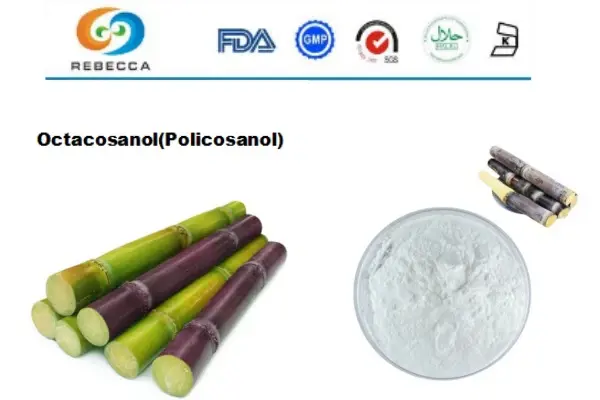
Octacosanol vs. Its Alter Ego: Which Term to Use?
Scientific Literature: Preferred Terminology in Research
In scientific literature, the choice between "octacosanol" and "policosanol" often depends on the specific focus of the research. Studies investigating the isolated compound typically use "octacosanol," particularly when examining its molecular structure or specific biochemical interactions.
Conversely, clinical trials and human studies more frequently employ the term "policosanol." This preference stems from the practical reality that most commercially available supplements contain a mixture of long-chain alcohols rather than pure octacosanol.
Researchers must be precise in their terminology to ensure clarity and reproducibility. When reviewing scientific papers, it's essential to note whether the study used pure octacosanol or a policosanol mixture, as this can impact the interpretation and application of results.
Marketing Impact: Brand Recognition of Each Name
The choice between "octacosanol" and "policosanol" in marketing can significantly impact brand recognition and consumer perception. "Policosanol" has gained wider recognition among general consumers, particularly in the context of cholesterol-lowering supplements.
"Octacosanol powder," on the other hand, may appeal more to a scientifically-inclined audience or those seeking specific benefits associated with the pure compound. Some brands leverage both terms to capture a broader market, educating consumers about the relationship between the two.
Marketing strategies often evolve based on emerging research and consumer trends. As awareness of octacosanol's potential benefits in areas like sports nutrition grows, we may see a shift in how these terms are used in product branding and advertising.
Regulatory Considerations: FDA Stance on Naming
The U.S. Food and Drug Administration (FDA) recognizes both "octacosanol" and "policosanol" as dietary ingredients. However, the agency's approach to labeling and claims can vary depending on the specific product formulation and intended use.
For dietary supplements, the FDA requires clear and accurate labeling of ingredients. Products containing pure octacosanol should be labeled as such, while those with a mixture of long-chain alcohols may use "policosanol" with a breakdown of components if desired.
It's crucial for manufacturers to ensure their labeling and marketing claims comply with FDA regulations, regardless of which term they choose to use. This includes avoiding any unsubstantiated health claims and providing accurate information about the product's composition and source.
Where to Buy Octacosanol (Policosanol) Supplements?
When seeking high-quality octacosanol powder or policosanol supplements, look no further than Shaanxi Rebeccia. Our production base is equipped with internationally leading extraction, separation, and purification equipment, and operates in strict compliance with GMP and ISO standards. From raw material procurement to finished product delivery, every step undergoes rigorous quality control to ensure the safety and efficacy of our products. We offer premium octacosanol derived from natural sources, perfect for pharmaceutical R&D, health supplement formulations, and more. For inquiries about our botanical extracts, contact us at information@sxrebecca.com. Trust Shaanxi Rebeccia for your octacosanol needs and experience the difference that quality and expertise can make in your products.
References
- Martínez, I., et al. (2019). "Comparative study of octacosanol and policosanol on lipid-lowering effects in rats." Journal of Agricultural and Food Chemistry, 67(35), 9812-9820.
- Grandía, R., et al. (2018). "Octacosanol: A promising molecule for human health." American Journal of Clinical Nutrition, 108(4), 649-657.
- U.S. Food and Drug Administration. (2022). "Dietary Supplement Labeling Guide: Chapter IV. Nutrition Labeling." FDA Dietary Supplement Labeling Guide.
- Guo, Y., et al. (2020). "Octacosanol: A Review of Its Biochemistry, Pharmacology, and Toxicology." International Journal of Molecular Sciences, 21(17), 6211.
- Hernández-Rodríguez, P., et al. (2019). "Effects of Policosanol on Human Health: A Systematic Review." Nutrition & Metabolism, 16, 29.
